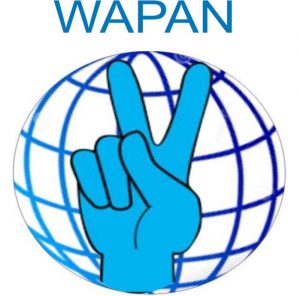Welcome
In recent decades, the international community has witnessed problems across the world, from political instability, non-state violence to economic constraints and climate change, all of these are factors that have led to conflicts in the world today. Africa, for instance, holds the highest number of conflict casualties in the world. There have been over 9 million refugees and internally displaced people from conflicts in Africa with hundreds and thousands of people slaughtered in several civil wars, communal conflicts and terrorism in West Africa. If this scale of devastation and hostility was in Europe, people would be calling it World War III and the entire world would be rushing to report, provide aid, mediate and otherwise try to diffuse the situation. Yet, the international community’s intervention or attention continues to be extremely minimal in West Africa. Against this background that WAPAN attempts to contribute to the global peace agenda, thereby promoting peace education, youth and leadership development and working towards the cessation of war in West Africa.
Peace and Conflict Research
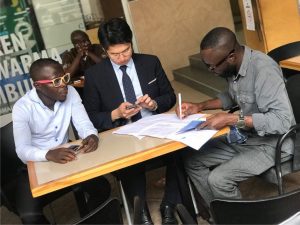
Guided by ‘do no harm principle’ the unit investigates the associated theories and concepts underpinning peace and conflict in order to innovate and apply new paradigms for addressing the complex conflict challenges facing Ghana, West Africa, and the world at large.
Training and Advocacy
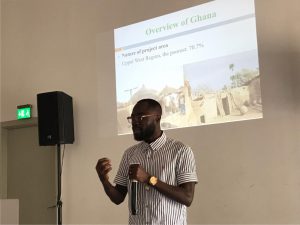
The unit is responsible for educating and training youth, grassroots peace campaigners and traditional leaders with conflict resolution and mediation skills for them to gain a steep understanding of how conflicts emerge and how they can be managed and solved in a nonviolent manner.
Peace Clubs and Volunteers
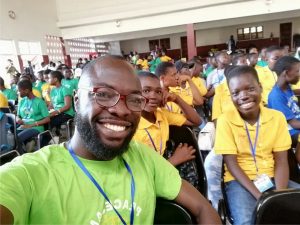
In this difficult period of struggle for world peace, the WAPAN strongly believes that children can be used to promote peace since they are the highly affected during and after conflict time. And as such, WAPAN seeks to establish peace clubs in basic, high schools,
Community – Humanitarian Aid
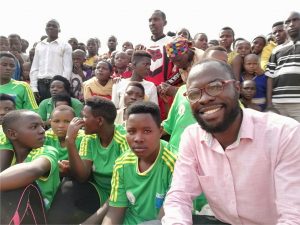
WAPAN embarks on community service and development programs to inform the rural and peri-urban dwellers on their basic human rights and privileges. WAPAN trains students (undergraduate) to volunteer on community demand-driven projects
